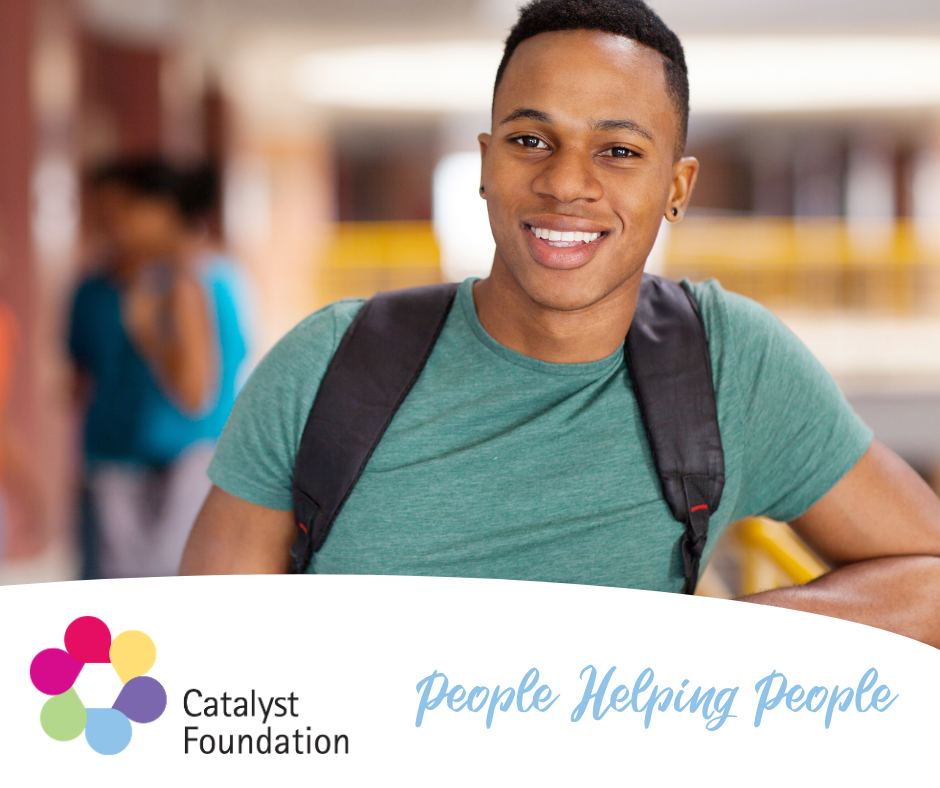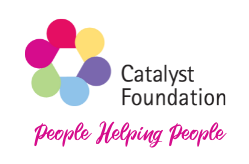Project: Partnering with Men Toolbox

Catalyst Foundation has developed a culturally responsive, evidence based “best practice” domestic violence education and resource Toolbox for men from CALD communities through community engagement processes to enable men to take on the role of community leaders and mentors to influence and empower other men.
The Toolbox focuses on African communities, increasing understanding and awareness of domestic violence through culturally appropriate and relevant strategies. Influential African Australian community leaders not only endorsed but also directly participated in generating the Toolbox.
Section 1: INTRODUCTION, LITERATURE REVIEW AND RESOURCES
1. Project overview and literature review
2. PowerPoint presentation for the African men’s retreat
3. Workshop outcomes – men’s retreat
4. PowerPoint presentation for the African think tank
5. Self-assessment tool
6. Definition of terms
7. Videos on ‘YouTube’
8. Contacts and resources
9. Australian human rights commission (AHRC) – in our own words. African Australians (extract)
10. What men can do (extract)
11. Toolkit for action (m. Flood)
12. National plan to reduce violence against women and children (extract)
13. AHRC. Family and domestic violence (extract)
14. Key issues in working with men from immigrant and refugee communities
15. AHRC. Family and domestic violence as a human rights issue (extract)
Section 2: FACT SHEETS
1 ABS Census Data African-Australians 2016
2 ABS Personal Experiences of Violence 2016
3 Australian Statistics on Violence Against Women
4 Australian Human Rights Commission (Summary): ‘In Our Own Words African Australians: A review of human rights and social inclusion issues 2010’.
5 Causes of Men’s Violence
6 Children and Domestic Violence
7 Cycle of Violence
8 Domestic Violence (SA) and Family Law Legislation
9 Examples of Abusive Behaviours
10 Healthy and Unhealthy Relationships
11 How to spot an abusive relationship
12 Power and Equality Wheels
13 World Health Organisation: Prevalence & Health Effects of Domestic Violence
14 World Health Organisation: Violence Against Women 2017 Key Facts
Section 3: WORKSHOPS
1. Guidelines for workshop facilitators
2. Reflections and actions
3. Gender values clarification
4. Gender, culture and power
5. Gender and violence
6. Domestic violence to respect
7. Healthy intimate relationships
8. Crossing the gender divide
9. Working for gender justice
10. Resolving conflict in relationships
Section 4 : REFERENCES
1. References
